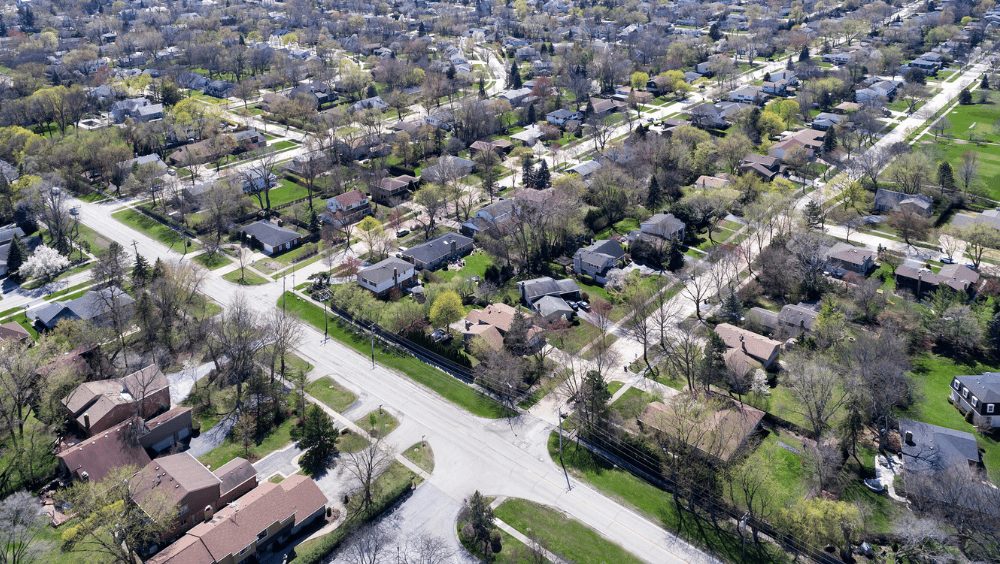
If you are selling a home in Naperville, you’ve probably come across references to transfer taxes, a major but often overlooked part of closing costs. Transfer taxes are fees levied by local municipalities when a property changes ownership. The Naperville transfer tax isn’t complicated, but there are some things you should know about how it works. This guide will cover the ins and outs of transfer taxes in Naperville and Illinois, help explain how they work, and provide exemptions you might qualify for. Real estate transfer taxes are fees charged by state or local governments when property ownership is transferred. According to the Federal Trade Commission, these taxes are due when the title of a property is officially transferred to a new owner, which can occur through sales, inheritance, or gifting. The amount of transfer tax you owe can differ widely based on the property’s location, as various states, counties, and cities usually have established their own rates and regulations. Transfer taxes primarily serve as a revenue source for local and state governments, funding public services and infrastructure projects. Buyers are responsible for paying for transfer taxes in Naperville. Buyers are required to apply for the city’s transfer tax stamp via an application process. This applies to both residential and commercial property purchases.What are transfer taxes?
Who pays for transfer taxes?



